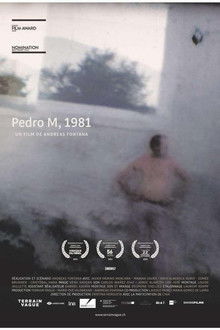A coast guard captain on a small Greek island is suddenly charged with saving thousands of refugees from drowning at sea.
Related Movies

Restoration (2016)
Restoration is a found-footage piece honouring Beau Dick's Copper Breaking ceremony on the steps of the BC Legislature during Idle No More in 2013.
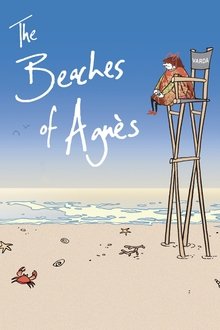
The Beaches of Agnès (2008)
Filmmaking icon Agnès Varda, the award-winning director regarded by many as the grandmother of the French new wave, turns the camera on herself with this unique autobiographical documentary. Composed of film excerpts and elaborate dramatic re-creations, Varda's self-portrait recounts the highs and lows of her professional career, the many friendships that affected her life and her longtime marriage to cinematic giant Jacques Demy.

Promises (2001)
Documentarians Justine Shapiro and B.Z. Goldberg traveled to Israel to interview Palestinian and Israeli kids ages 11 to 13, assembling their views on living in a society afflicted with violence, separatism and religious and political extremism. This 2002 Oscar nominee for Best Feature Documentary culminates in an astonishing day in which two Israeli children meet Palestinian youngsters at a refugee camp.
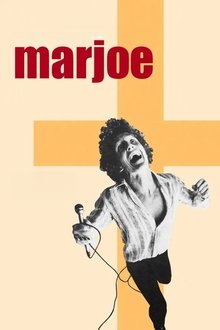
Marjoe (1972)
Part documentary, part expose, this film follows one-time child evangelist Marjoe Gortner on the "church tent" Revivalist circuit, commenting on the showmanship of Evangelism and "the religion business", prior to the start of "televangelism". Preserved by the Academy Film Archive in 2005.
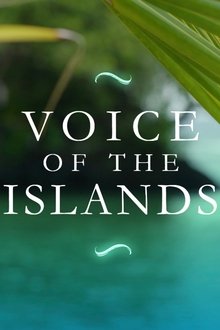
Voice of the Islands (2017)
A behind-the-scenes look at the creation of Walt Disney Animation Studios' MOANA, as aided by the Oceanic Story Trust.
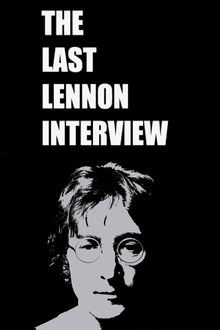
The Last Lennon Interview (2015)
Two days before John Lennon was shot, British journalist Andy Peebles did a long radio interview with Lennon and Yoko Ono, and now explains what happened.

Kristallwachstum (1952)
Experiments on the crystallization of various inorganic substances: crystallization from solution, crystallization from melt and vapour phase, mixed crystal formation, oriented growth, change from a metastable into a stable phase.
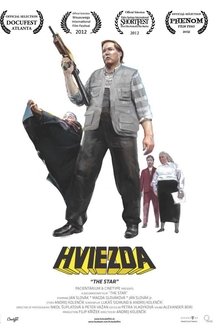
The Star (2013)
A documentary on Jan Slovak, a 55-year-old welder, who fell in love with acting. His desire began, when he got the lead role in a theatrical adaptation of the worst movie of all time, Plan 9 From Outer Space by Ed Wood Jr. The passion for theater became his destiny.
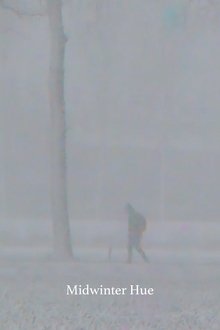
Midwinter Hue (2017)
A man steadily bashes through the snow. He disappears and the trees, covered in white, shift and show a beautiful array of hidden colors. A poetic, meditative short film about letting go of the past and embracing the unknown future.
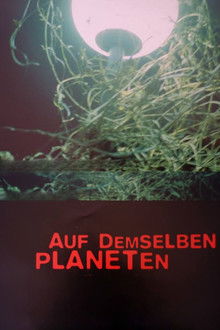
Auf demselben Planeten (2002)
The filmmaker delves into her family's past and the seemingly intact world of childhood begins to fall apart. Here, the private sphere reflects the helplessness and excessive demands of German society in the 1970s - between the shadows of the National Socialist past and new utopias.

Red Lines (2014)
In 2011, Syria's Bashar al-Assad answered his nation's demands for freedom by launching a brutal war against his own people. While the U.S. drew red lines for intervention, Assad ramped up the attacks, starving and killing civilians and children, including the use of chemical weapons, leveling cities, targeting journalists and blocking humanitarian aid to millions of victims. Abandoned by the outside world, individual activists stepped in to fill the roles of banned journalists, international aid agencies and feckless foreign governments. Red Lines tells the story of two such activists, who despite overwhelming obstacles, attempt to establish democratic enclaves in their devastated homeland.
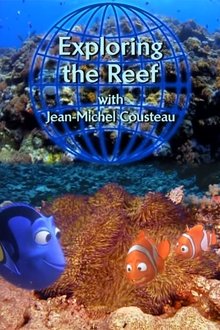
Exploring the Reef (2003)
Jean-Michael Cousteau's documentary about the Great Barrier Reef keeps getting interrupted by characters from Disney's Finding Nemo.
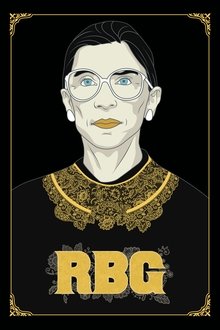
RBG (2018)
Justice Ruth Bader Ginsburg now 84, and still inspired by the lawyers who defended free speech during the Red Scare, Ginsburg refuses to relinquish her passionate duty, steadily fighting for equal rights for all citizens under the law. Through intimate interviews and unprecedented access to Ginsburg’s life outside the court, RBG tells the electric story of Ginsburg’s consuming love affairs with both the Constitution and her beloved husband Marty—and of a life’s work that led her to become an icon of justice in the highest court in the land.
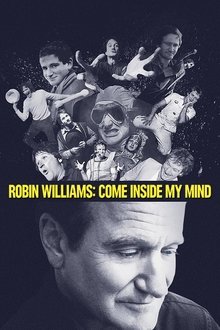
Robin Williams: Come Inside My Mind (2018)
A funny, intimate and heartbreaking portrait of one of the world’s most beloved and inventive comedians, Robin Williams, told largely through his own words. Celebrates what he brought to comedy and to the culture at large, from the wild days of late-1970s L.A. to his death in 2014.
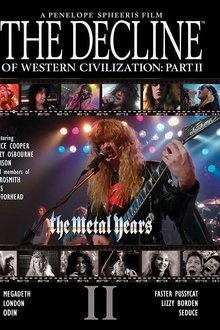
The Decline of Western Civilization Part II: The Metal Years (1988)
An exploration of the heavy metal scene in Los Angeles, with particular emphasis on glam metal. It features concert footage and interviews of legendary heavy metal and hard rock bands and artists such as Aerosmith, Alice Cooper, Kiss, Megadeth, Motörhead, Ozzy Osbourne and W.A.S.P..
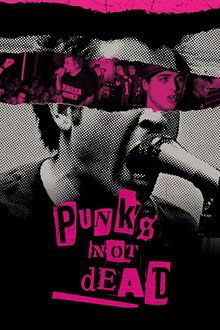
Punk's Not Dead (2007)
On the edge of the 30th anniversary of punk rock, Punk's Not Dead takes you into the sweaty underground clubs, backyard parties, recording studios, shopping malls and stadiums where punk rock music and culture continue to thrive.
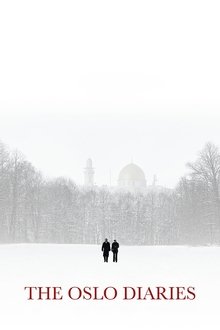
The Oslo Diaries (2018)
A group of Israelis and Palestinians come together in Oslo for unsanctioned peace talks during the 1990s in order to bring peace to the Middle East.
